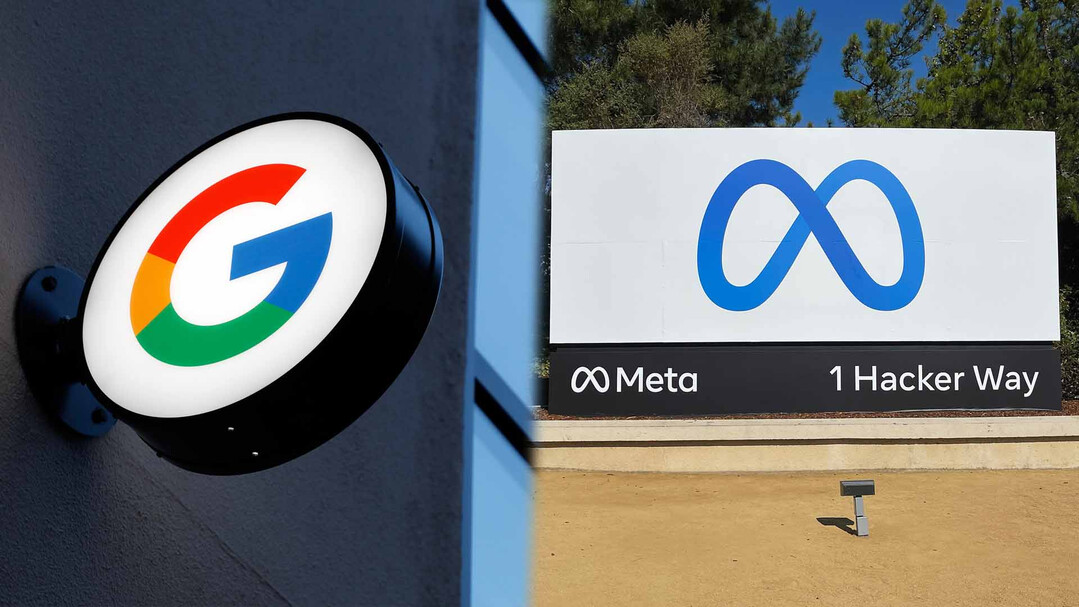
South Korean cable manufacturers are poised to ride a wave of demand for undersea cables driven by the global expansion of AI services.
As Big Tech companies like Meta, Google, and Amazon invest heavily in building out their own subsea cable networks to accommodate the surging data traffic from their AI-powered services, South Korean manufacturers are well-positioned to capitalize on this growing market. Companies such as LS Cable and Daehan Cable are already seeing a surge in demand for their products.
The US government’s stance against Chinese-made undersea cables has further bolstered the prospects for South Korean firms. With the US government seeking to reduce its reliance on Chinese technology, South Korean companies, particularly those with manufacturing facilities in the US, are seen as more reliable partners.
Meta, Google, and Amazon: Driving the Demand
Meta, the parent company of Facebook and Instagram, is leading the charge in building out its subsea cable infrastructure. The company plans to invest over $10 billion to connect North America, Oceania, India, and Africa with 40,000 kilometers of subsea cable.
Google, meanwhile, has invested $1 billion to link the US and Japan with a new subsea cable, while Amazon is pursuing a project to connect Singapore to the US West Coast via Guam.
LS Cable: A Leading Contender
LS Cable, South Korea’s largest undersea cable manufacturer, is well-positioned to meet this growing demand. The company not only manufactures subsea optical cables but also owns LS Marine Solutions, a leading subsea cable installation company. This vertical integration allows LS Cable to offer turnkey solutions to its customers.
To further strengthen its position in the US market, LS Cable is constructing a new manufacturing facility in Virginia. The company has secured $147 million in government funding to build what will be the largest subsea cable manufacturing facility in the US.
Industry Outlook
The global undersea cable market is expected to surpass the demand for land-based cables this year. With undersea cables commanding a premium of around 40% compared to land-based cables, South Korean companies are poised to benefit from significant revenue and profit growth.
The industry is also buoyed by the growing global trend of excluding Chinese-made undersea cables, creating new opportunities for South Korean and other non-Chinese manufacturers.
[Copyright (c) Global Economic Times. All Rights Reserved.]




























